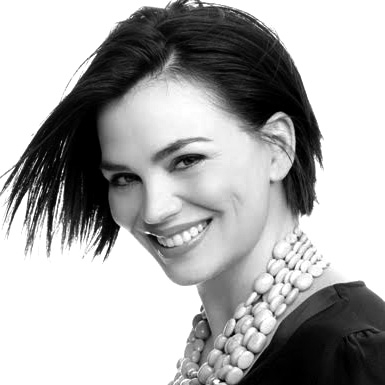Your name is an introduction and a greeting, a blessing and a wish. It also casts a shadow, a permanent marker that accompanies you from your certificate of birth to the chisel on your tombstone.
Although I have since changed it, my birth name is Karen. I believe my mother scraped the bottom of the barrel of monikers, and Karen stuck to me like toilet paper on the heel of a shoe. My siblings were all christened with ancestral or saints’ names, but there is no St. Karen. Some believe that the name Karen is derived from St. Catherine of Genoa, who is fondly referred to as “the Apostle of Purgatory.” There’s also an apocryphal St. Karen, patron saint of spinsters and washerwomen. I imagine her symbols are skid marks and hobo teeth.


